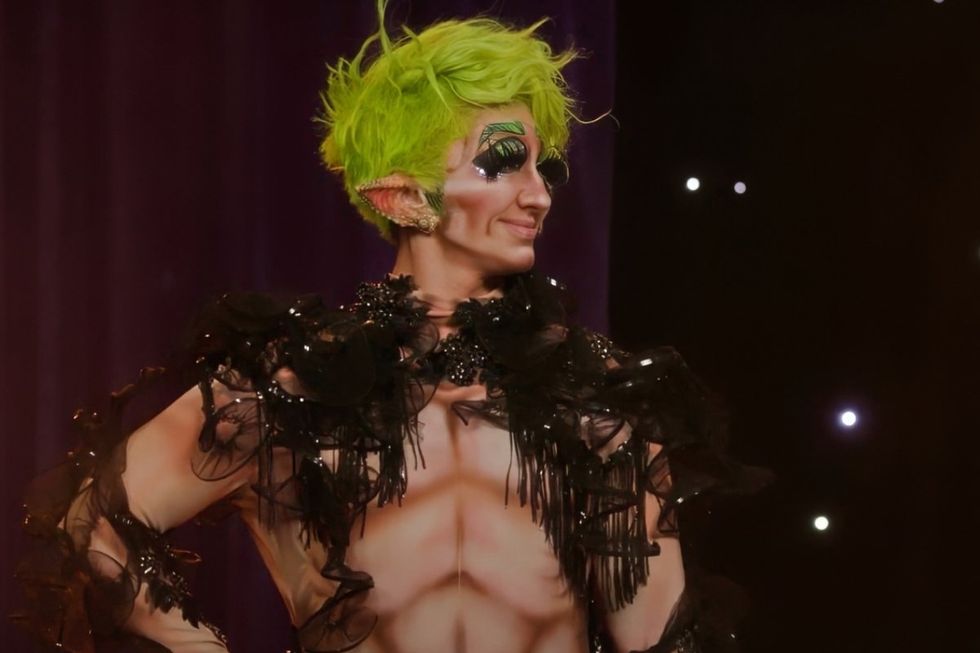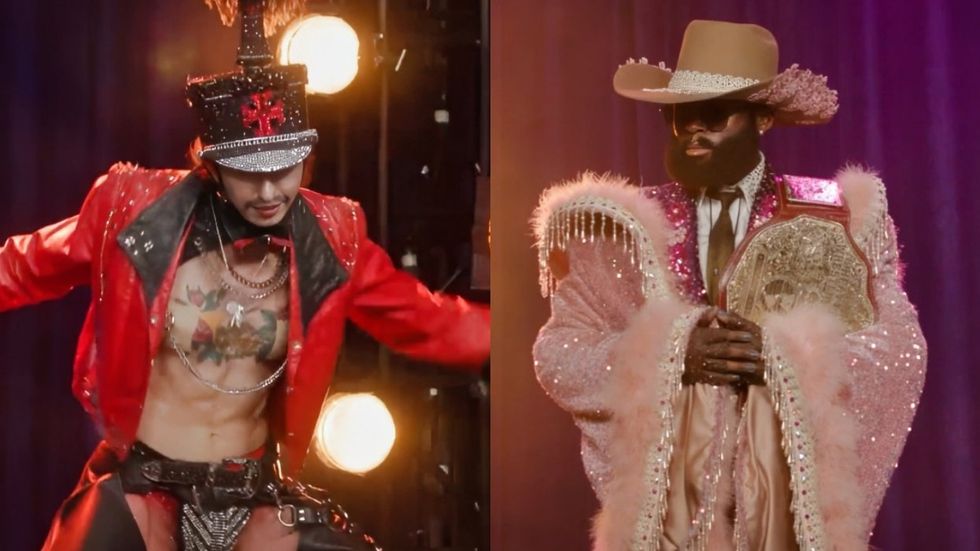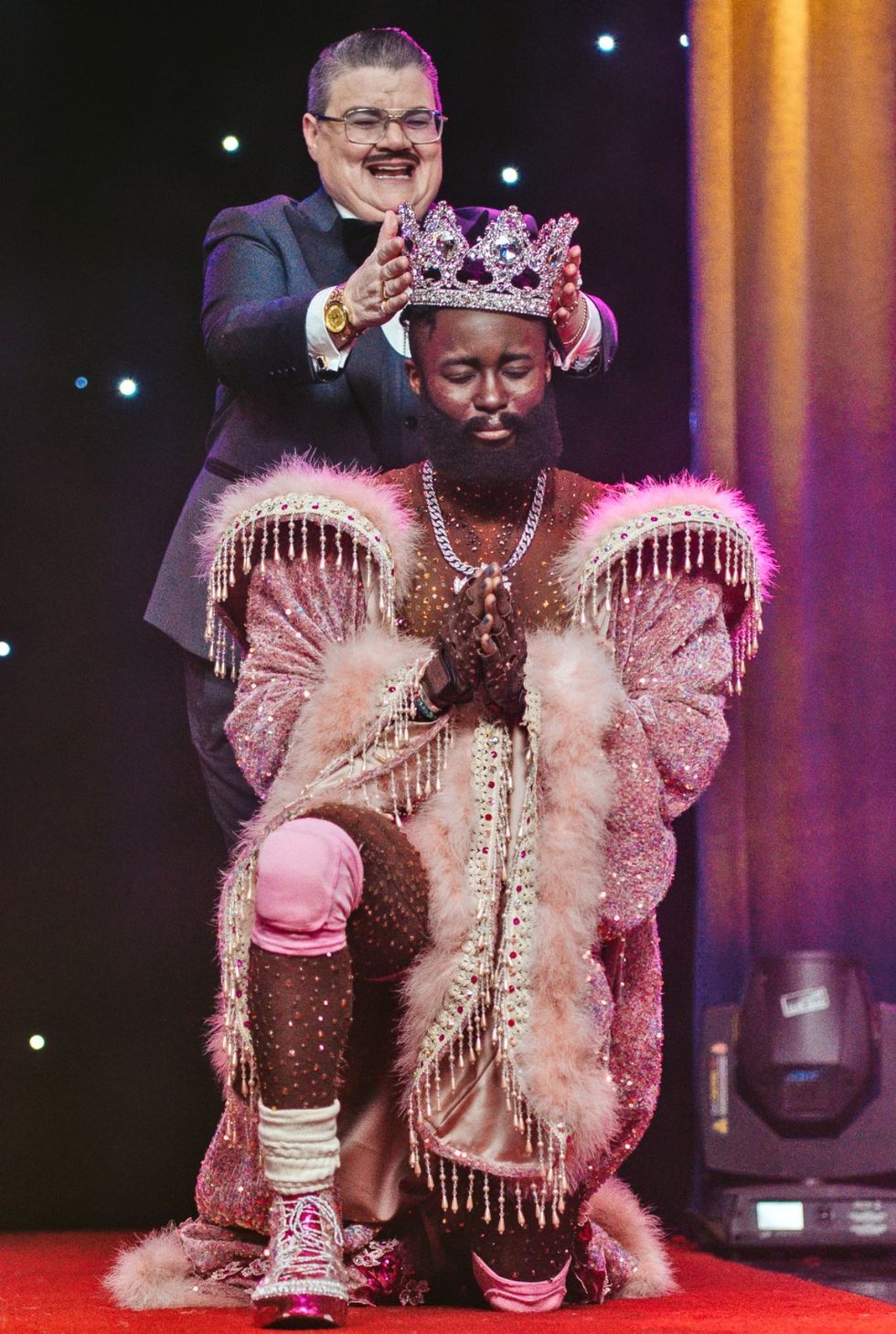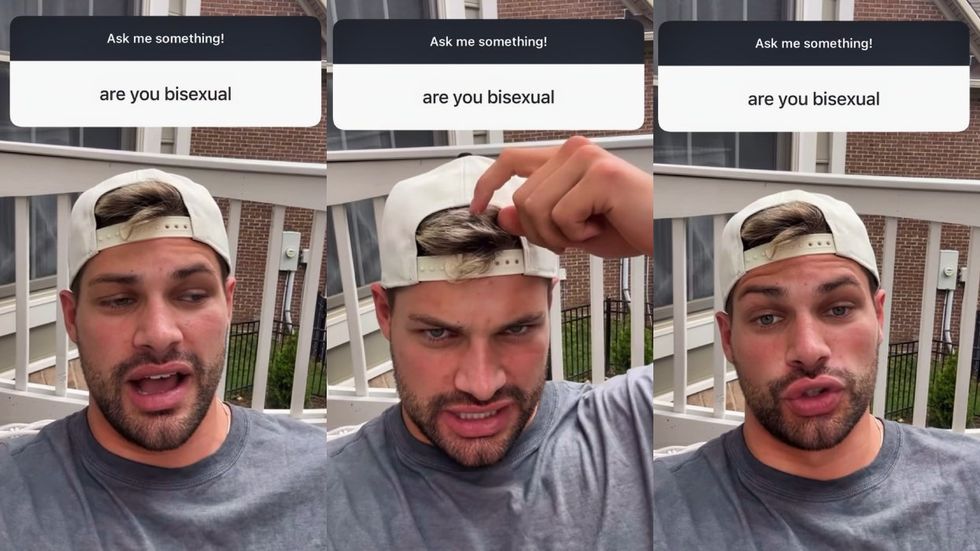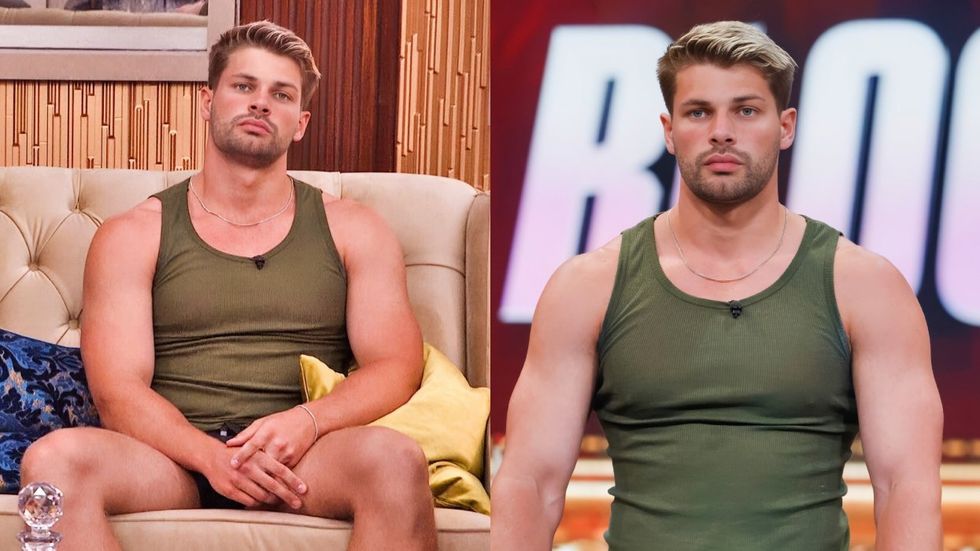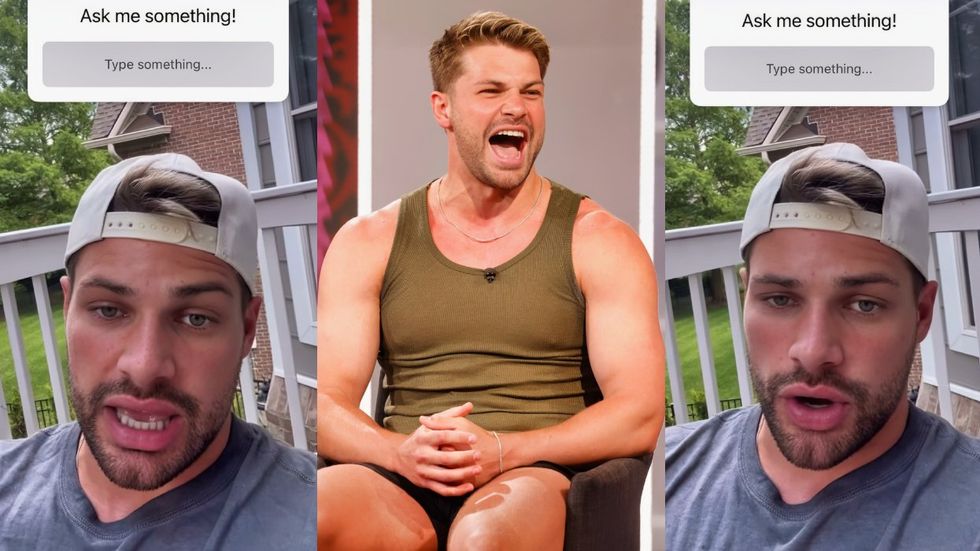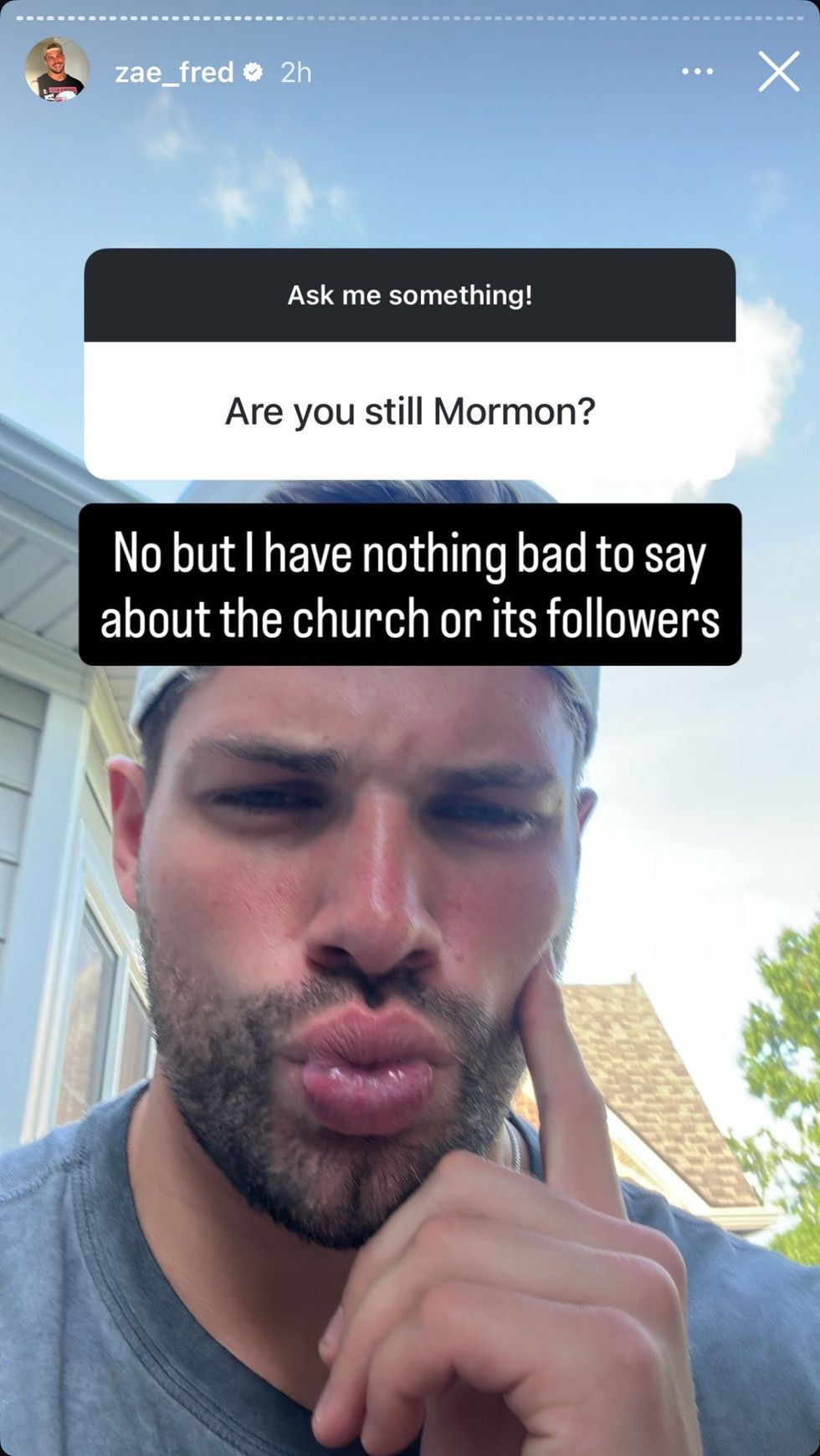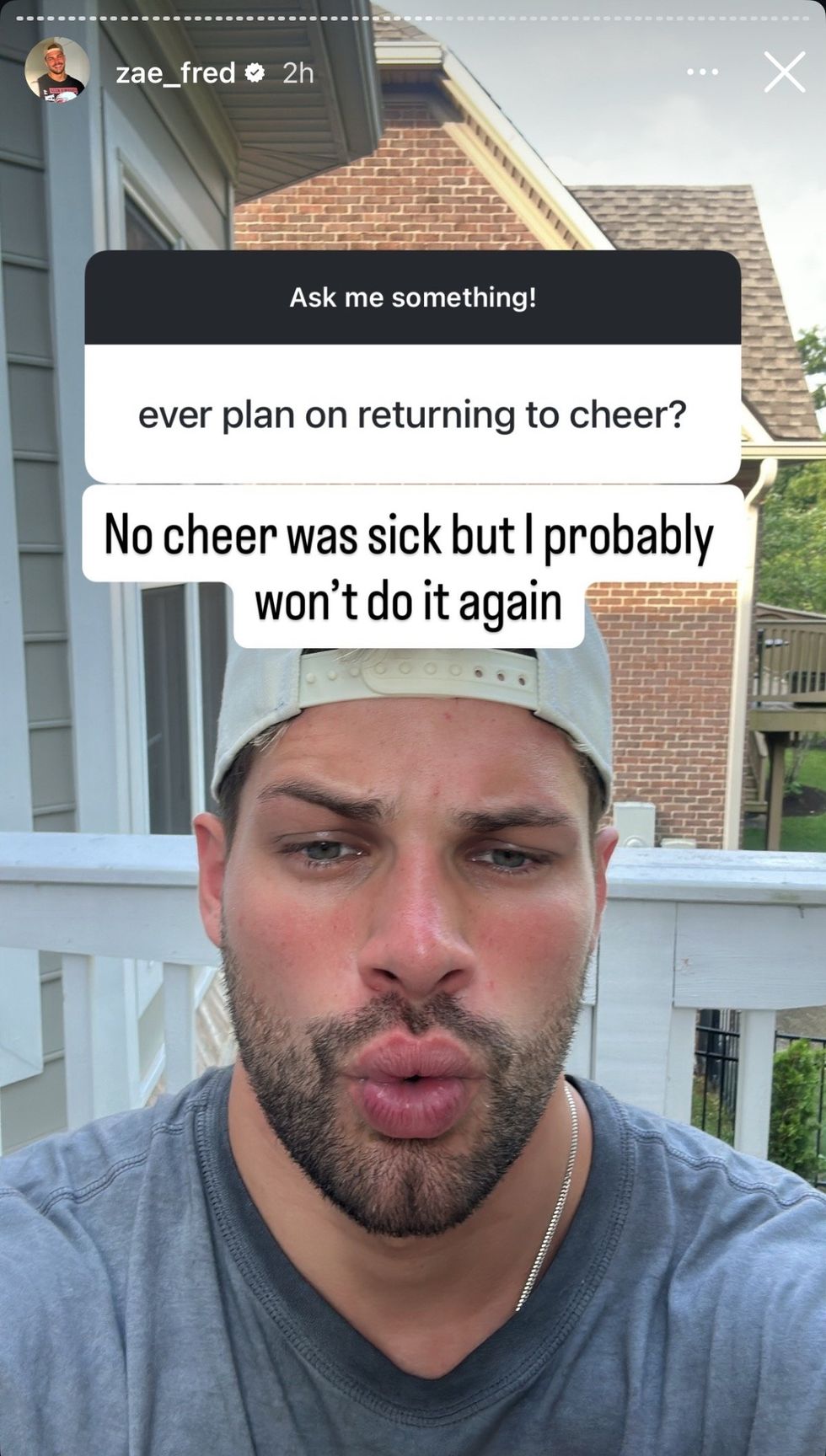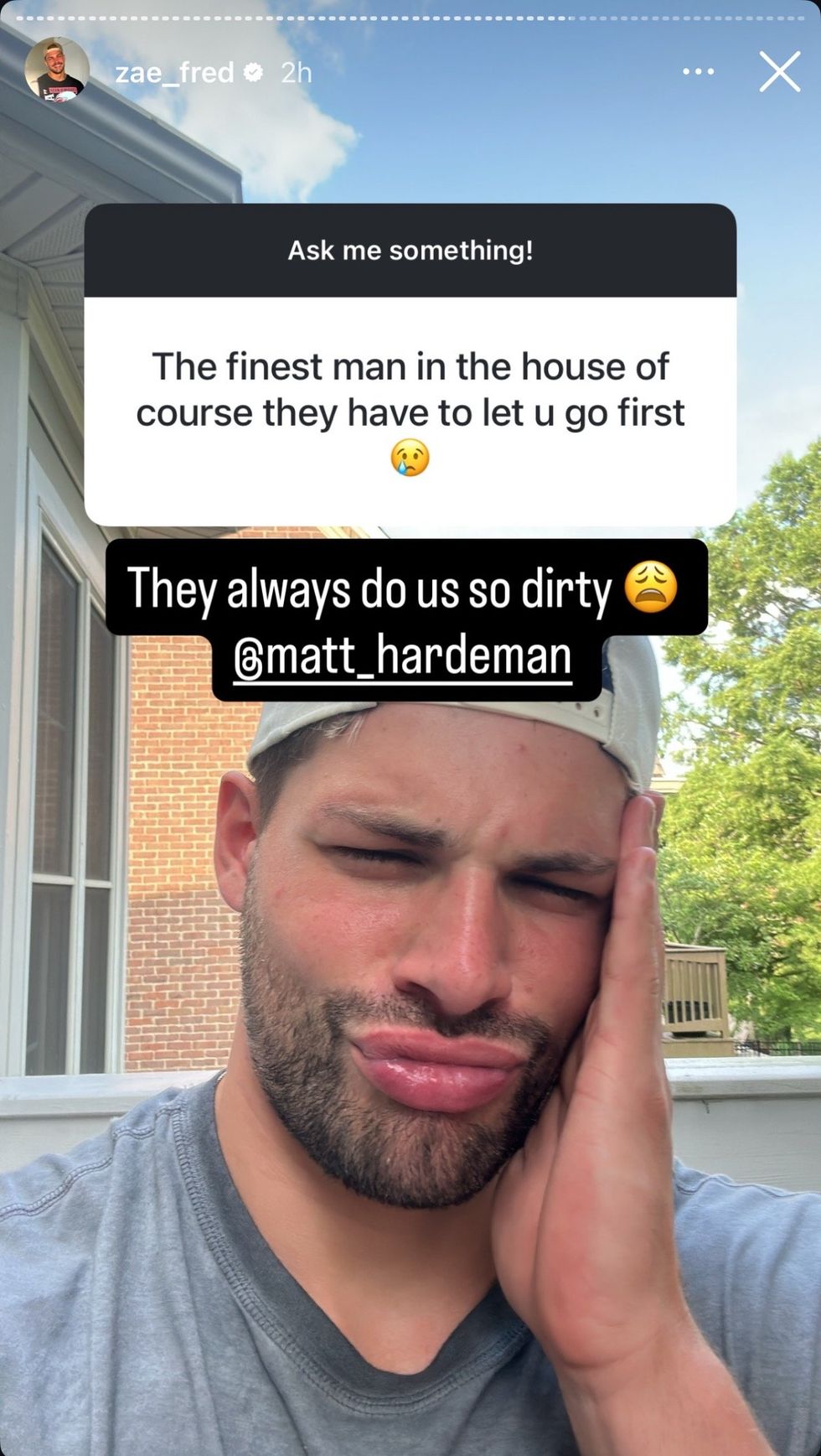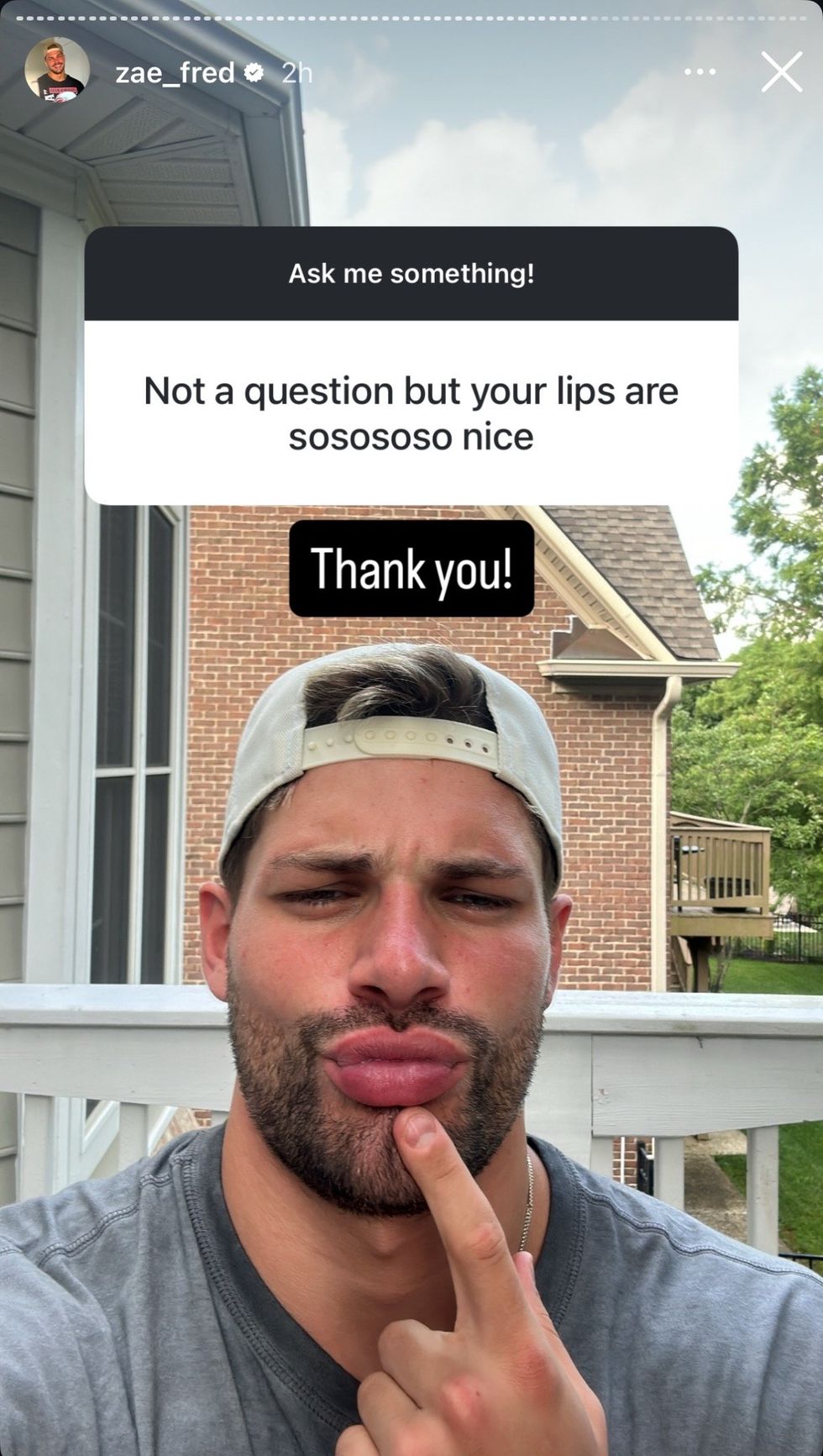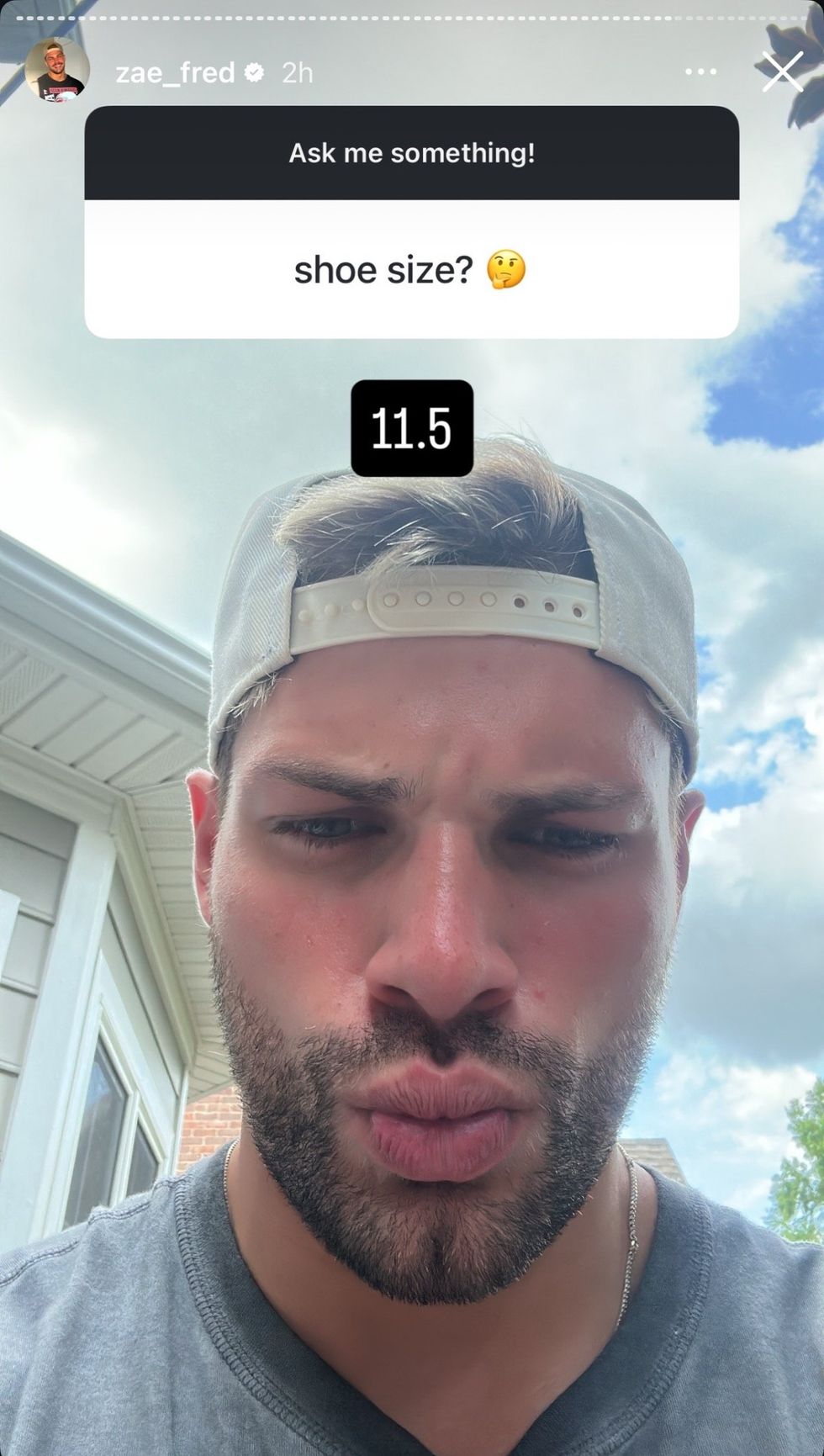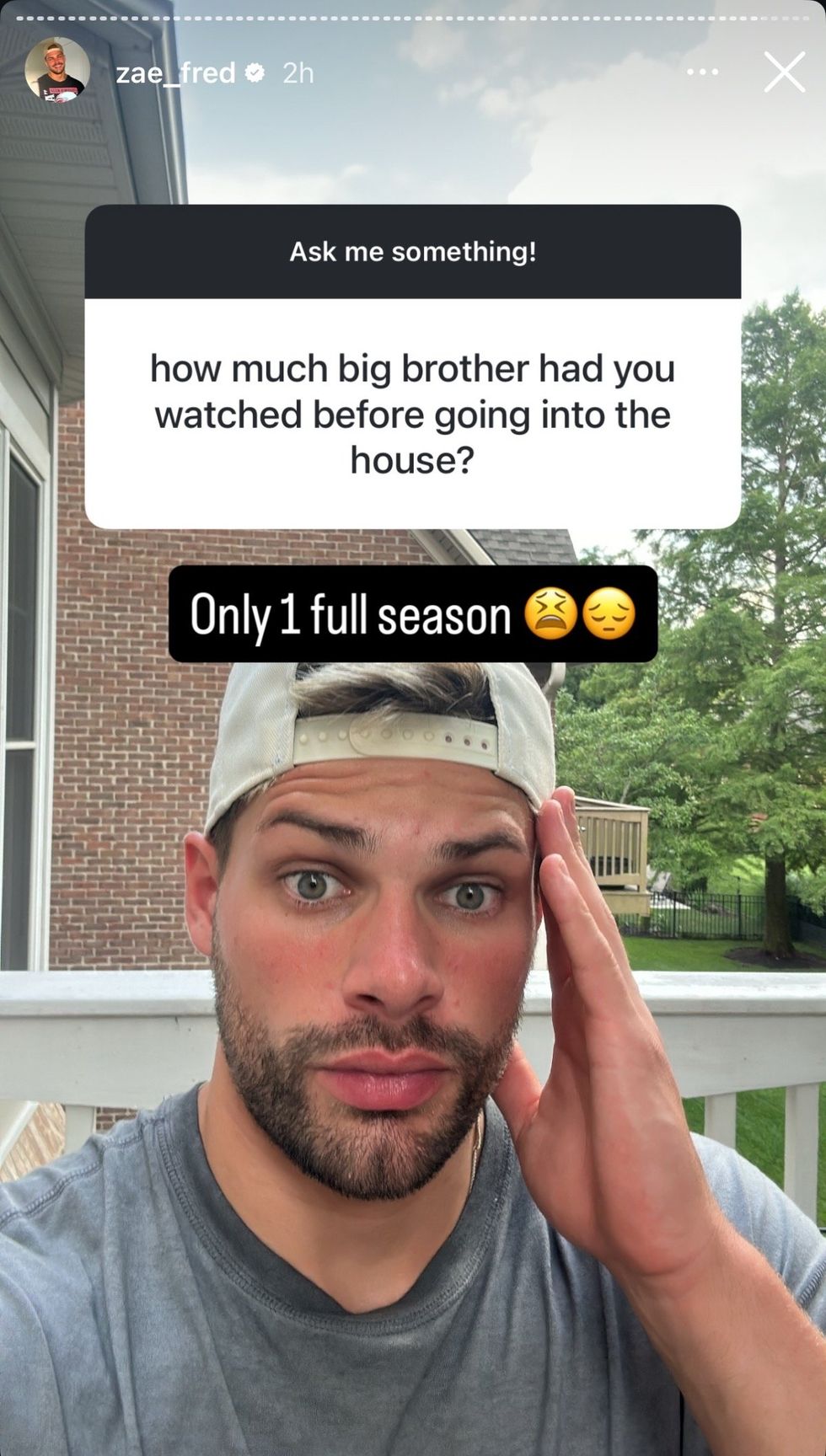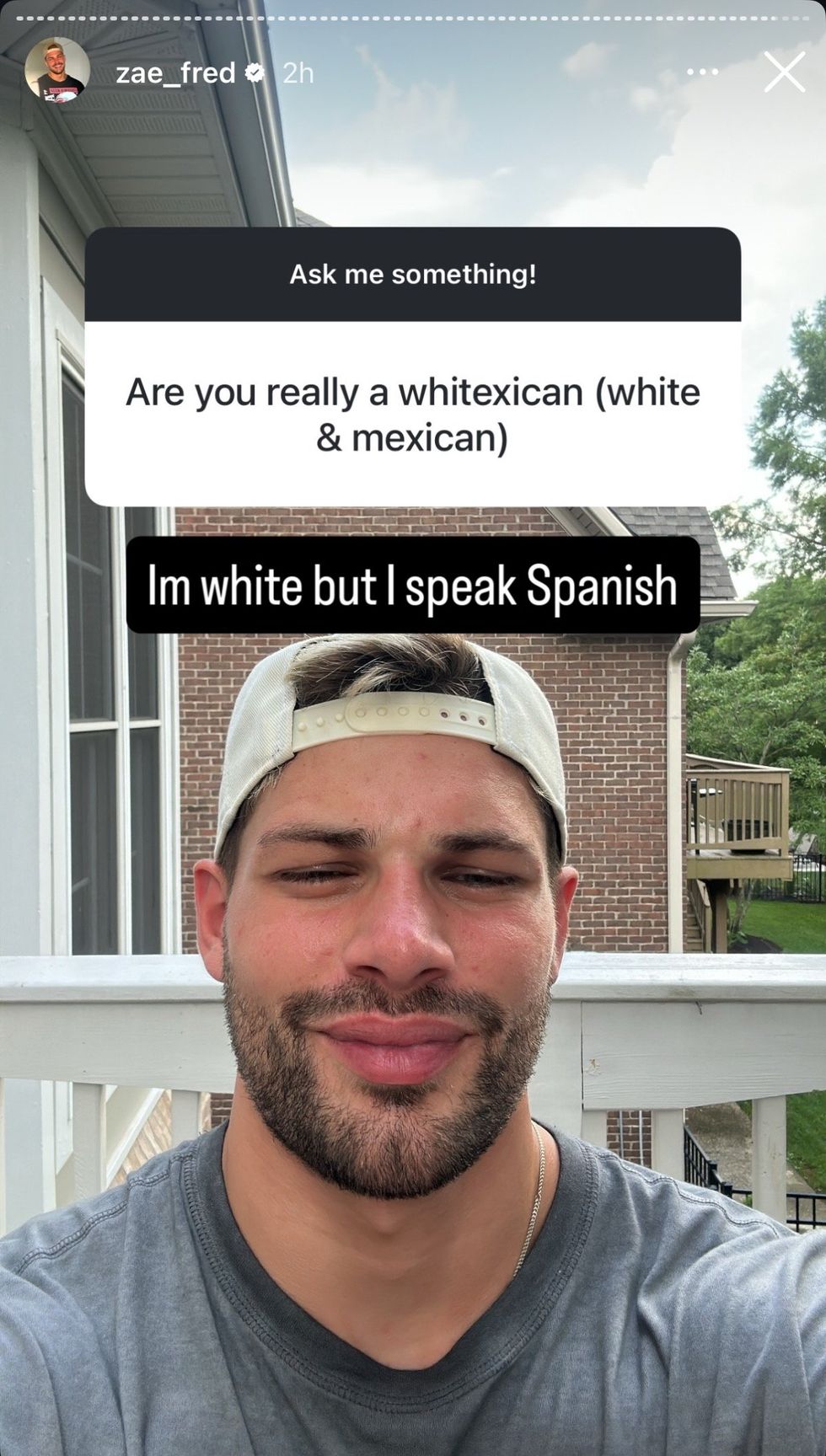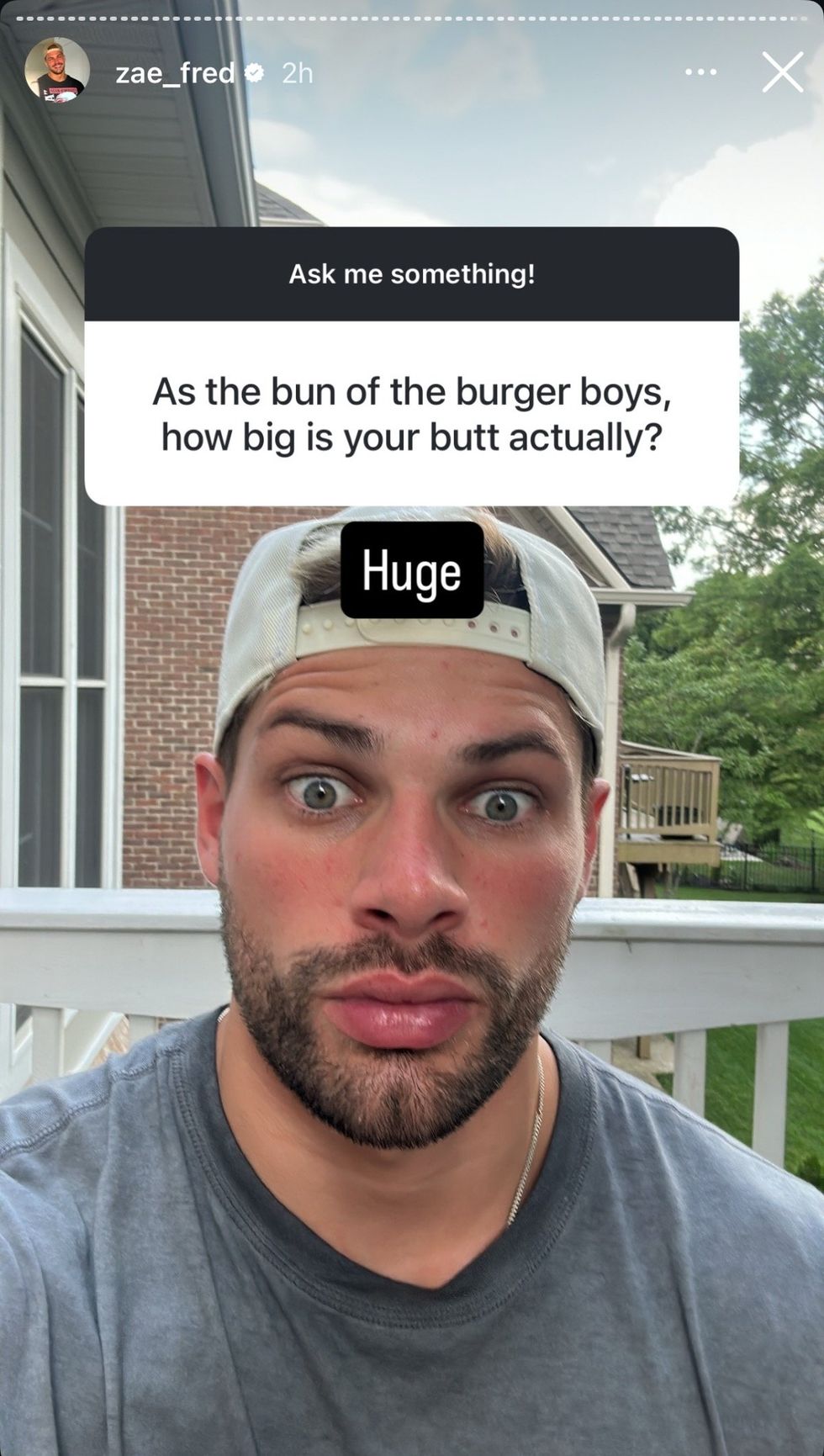Black LGBTQ characters shine in 'Dear White People' Season 3.
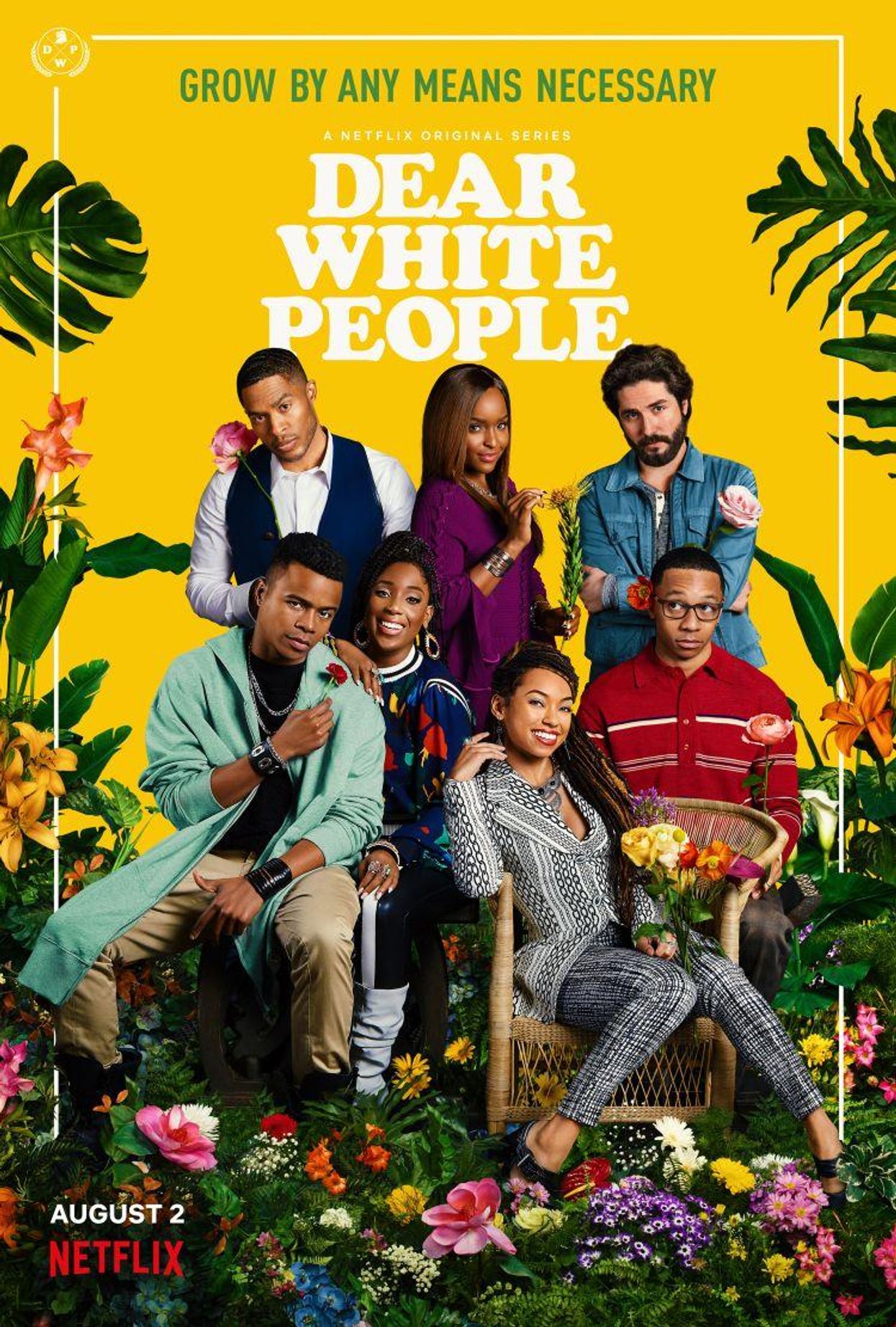
Season 3 of Netflix's controversially-titled dramedy Dear White People premiered last Friday, and it's giving us all the feels. With six prominent LGBTQ characters, the show feels revolutionary with its portrayals of Black LGBTQ people.
At least week's Los Angeles premiere of the series, we asked cast members Logan Browning, DeRon Horton, Nia Jervier, Courtney Sauls, Quei Tann, Jemar Michael, and series creator Justin Simien why is it so important to share these Black stories on TV, especially the queer ones that aren’t often told.
Lionel explores the "Deep End" of the gay scene.

Last season, we watched Lionel (DeRon Horton) wade into the dating pool and experience racism in the gay community firsthand. This season, a more self-assured Lionel finds his voice, quite literally, through Chester, an anonymous column that everyone on campus is obsessed with. Lionel even ventures into sex clubs and goes to drag shows. "He's went from timid to super-expressive and explorative," Horton told PRIDE. "I think that's what they trying to explore every season is him transitioning from boy to man."
One of his love interests this season is Michael, an HIV+ student. Horton knows it was an important storyline to be a part of. "I'm grateful to be on a show that even has the guts and the strength to talk about it because a lot of people won't. I'm just blessed to tell stories I'm passionate about in the Black community. Period."
Kelsey has a love interest!

Kelsey came out as a lesbian last year, and this season she gets to date! "I'm happy that she's so fleshed out this season," Nia Jervier exclaimed to PRIDE. "Last year, she showcased that she was a lesbian and the package that she comes in is unexpected, which I think is really refreshing. People need to know that lesbians don't have to come in the package they think that they do and that they're just normal. They're your neighbor—and she loves normally just like everybody else does too. It's important because it's real. Anyone not experiencing a life that varies with friends or family that differ in race or sexuality, they're not really living. It's good that we just make it seem really normal, just so that it seems fluid and part of everyday life. So it's not a thing."
It's vital to tell Kelsey's story, Jervier says. "People are afraid of something that they don't know or they expect people that are different to hide it. This show brings every single thing out of the closet, not just its gay characters. It just unearths and uproots everything. The LGBTQIA community in the show is part of the theme."
Brooke explores her sexuality.

Last season, Brooke's inner thoughts revealed that she is very sexually open, and this season she starts experimenting with girls. "It's something that really needs to be talked about more or represented more—people being a bit more fluid and exploring their sexuality in ways that aren't so conventional," said actress Courtney Sauls. "It's something that people are already doing and have been doing forever but we've always kind of put a lid on it. But now we're talking about it. It was really cool to be a part of that storytelling and to show a young woman loving that sensuality and sexuality and not being afraid to show it or talk about it or share it."
Characters like Brooke are pushing society forward. "We are in this place where we have to change. It's not even like, oh we wanna—no, we have to. We're right at the cusp of something different happening politically, socially and all these different ways. To be a part of a show that is on the forefront of that is a blessing. We need to be a part of the conversation, especially as Black people, to not be afraid to say, 'No we have these experiences as well. This is what it looks like.'"
Quei Tann plays Genifer, the show's first openly trans character.

Tann acknowledges that representation is powerful. "We're not a monolith. There are so many different characters on this show, so many Black characters. We all have different perspectives, and I feel like this is the reason why so many people can relate to this show because there's some character on this show that you can gravitate to."
She quotes an interview of Justin Simien where he says, "'When you don't see yourself reflected in media, in a bunch of different shows and films that are out there in the world, subliminally you get the message of you're not meant to be here. You're supposed to somehow assimilate into something that doesn't represent you.' I do think sharing these narratives, and how funny it's done, is important."
Jemar Michael, who plays Al, is open about his sexuality.

Michael knows the power of representation firsthand. "It's very important for queer stories to be told because we are an underrepresented community. We are people, we are here, we are normal people. I don't know why people want to put us in this crazy category. We need the stories to be told, just like we need more stories about Black folks that just aren't trauma porn. Black people aren't monolithic. Gay folks, LGBTQ folks aren't monolithic either. This season you get to see different types of LGBTQ characters."
Both Sam and actress Logan Browning continue to be a vocal ally.

Why does the world need these Black LGBTQ stories? "Because they're American stories, they're human stories, they're our stories, they're your stories," Browning told PRIDE. "The more that we can allow people to feel seen and represented, the more people survive in this world that doesn't always include everyone. The rest of them end up walking around feeling like the people that have the special intricacies around them are the enemy instead of realizing that they are a part of you. The more that we can tell the stories, the more people feel like they can just live their true selves. That's how people survive. People are literally murdered for being who they are."
"It's also important because if you go through life feeling like you have to try to explain who you are, you don't get to actually explore who you are outside of your labels. You don't get to explore who you are as an artist, as a thinker, as an individual. Once those labels get to be stripped away by way of representation and understanding, people get to be their truest selves."
We also meet HIV+ character, Michael.

It was crucial for Justin Simien, the show's openly gay creator, to put a spectrum of LGBTQ identities in the series. "Without our stories, we're invisible in a literal, literal way. If we're not human beings in the culture then our Black bodies aren't safe. Our queer bodies aren't safe. That's the place where it comes from."
Read Justin Simien's full PRIDE interview here. Dear White People Season 3 is on Netflix now.


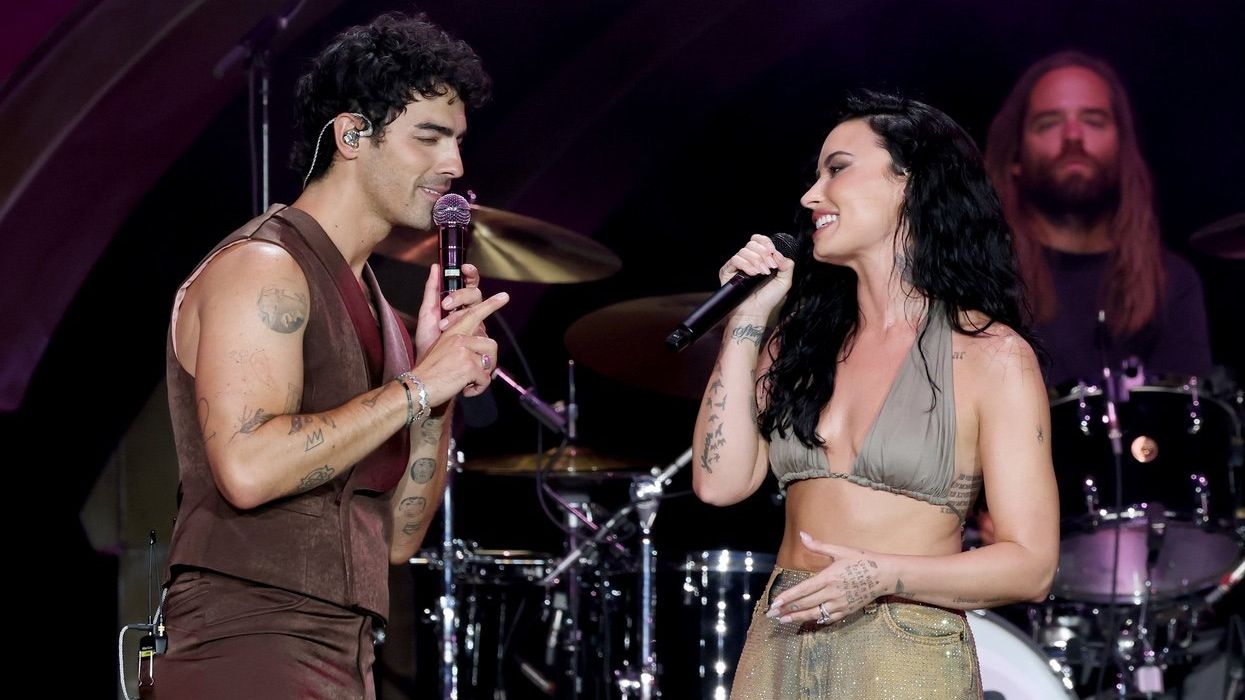







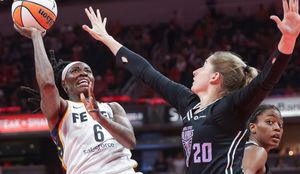






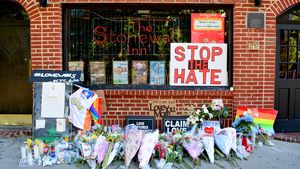








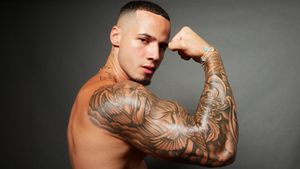
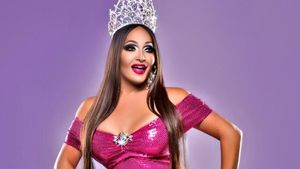
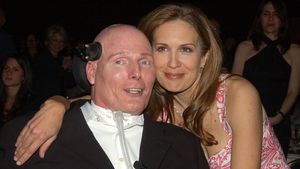


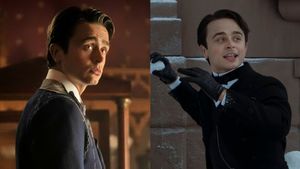
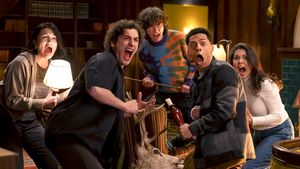






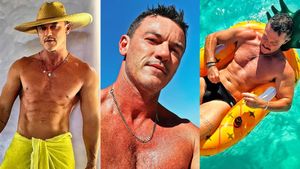

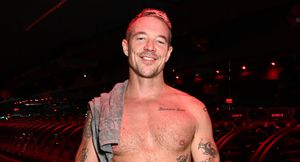





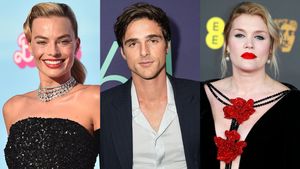

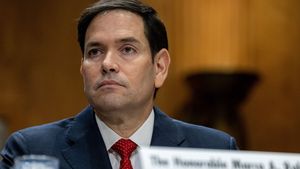


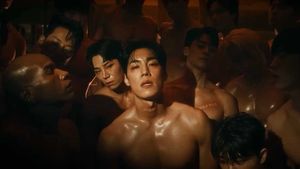










 Anti-LGBTQ+ advocate Bridget Ziegler is a giant HYPOCRITE who had threesomes with womenFOX 13 Tampa Bay
Anti-LGBTQ+ advocate Bridget Ziegler is a giant HYPOCRITE who had threesomes with womenFOX 13 Tampa Bay
